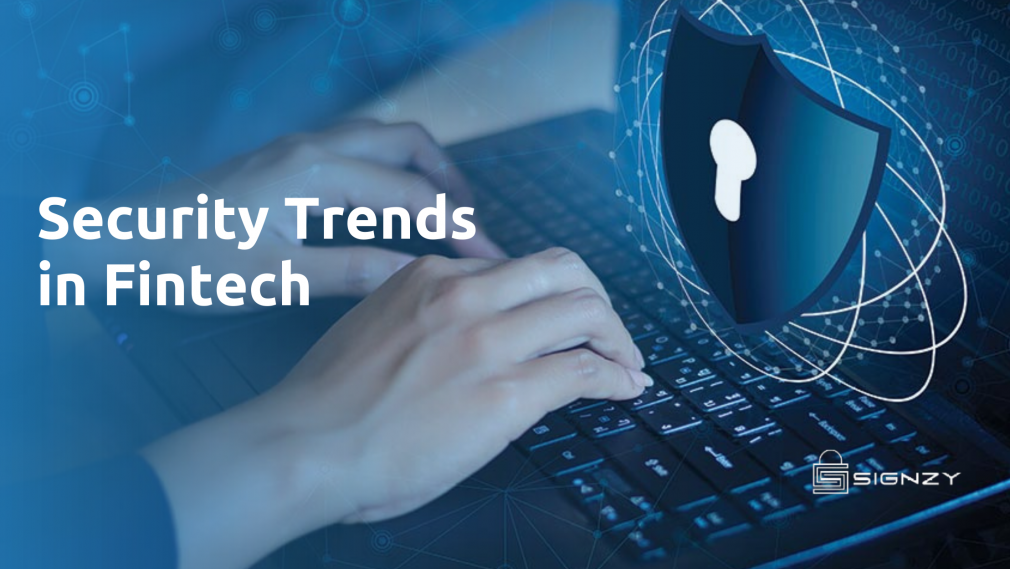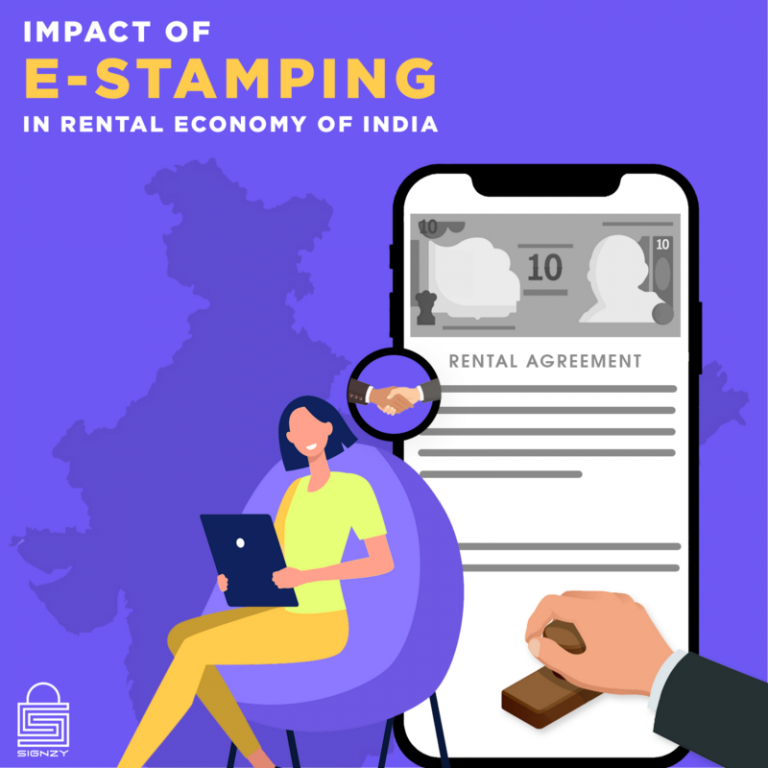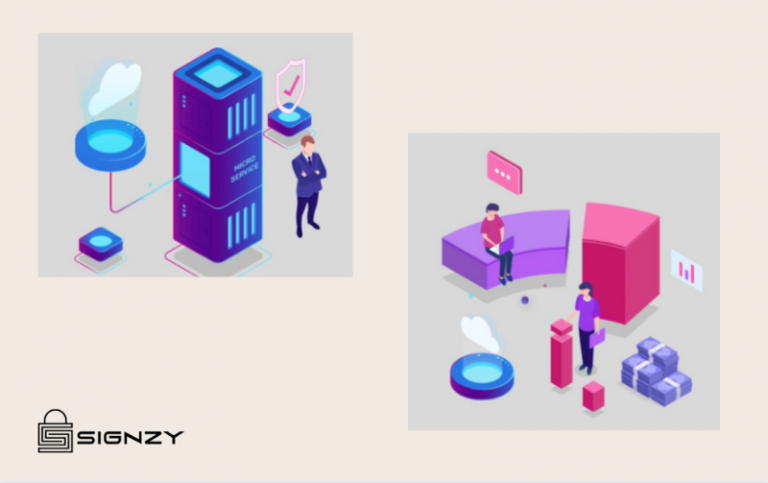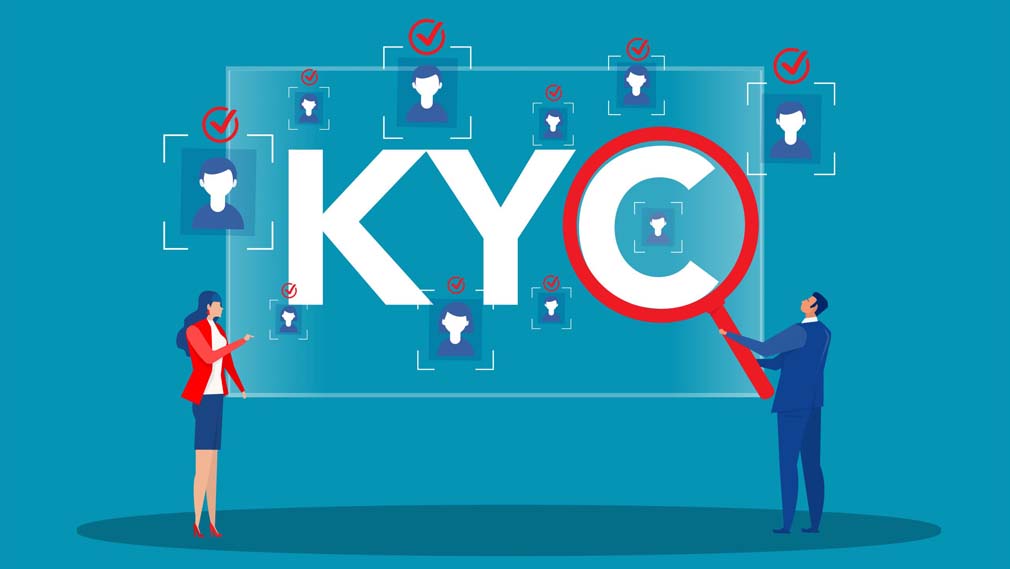There’s an unexpected and rapid evolution in the FinTech industry, which is being driven by technology. This tech-led development has made changes to the way we think about banking and payments. As a result, consumers are slowly transitioning to digital payment methods.
2021, like every year, saw several significant cyberattacks and data leaks that exposed the personal information of millions of consumers online, and 2022 would be no exception. In the first half of 2021, more than 98.2 million people were victims of the top ten data breaches, according to ITRC and the U.S. Department of Health and Human Services.
New research by Skybox Security shows that as much as 73% of CIOs and CISOs underestimate the risk of cyberattacks as they are too confident in their ability to detect and respond.
Under the purview of cyber security, it has become more vital than ever for organizations to continuously monitor their environments for threats, both internal and external.
Security Trends To Look Forward To
The FinTech industry is facing tough challenges regarding security as cybercriminals become increasingly sophisticated and data breaches occur on a large scale. Security is a top priority for banks, credit unions, and financial institutions as cyber-attacks continue to rise and threaten the privacy of millions of consumers.
While the FinTech industry is taking several steps to secure its systems, there are still some challenges that remain to be addressed. Here are a few security trends in the FinTech sector for 2022:
New Regulatory Technology (RegTech)
A cloud-computing technology, RegTech helps financial institutions address complex compliance issues by automating regulatory processes. This will help banks and other FinTech companies to stay ahead of changes in the regulatory environment and adapt quickly to new rules. With the help of big data and machine learning tech, RegTech can automate the compliance process and make it more efficient.
In fact, according to a poll, 68.6% of vendors advised that supervisors should encourage regulated businesses to use RegTech in their supervisory process.
Adoption Of AI For Fraud Detection
As the digital payments industry continues to grow, fraud will become a major challenge. According to a Forbes post, nearly eight in ten mobile banking users are concerned about credit card fraud.
Financial institutions will need to adopt AI-based technologies like deep learning and machine learning for advanced fraud detection. AI tools can help banks and other financial institutions analyze large amounts of data and get insight into customer behavior patterns, allowing them to stay ahead of hackers who are constantly looking for loopholes in payment systems.
Increasing Reliability In Blockchain Systems
The distributed ledger technology (DLT) of blockchain can help reduce the risk of fraud and provide a more secure way of storing data. Blockchain can also help streamline the process of KYC (know-your-customer) and AML (anti-money laundering). Financial institutions will need to increase the reliability of their blockchain systems to ensure the safety of customer data.
Implementation Of Secure Access Service Edge (SASE) Architecture
With a growing number of connected devices, banks and other financial institutions must adopt a security architecture that can protect them from DDoS (distributed denial-of-service) attacks. One such solution is the Secure Access Service Edge (SASE) system, which provides secure connectivity through a combination of software technologies like authentication proxies and encryption techniques.
Taking Up Stronger Data Security Measures
As the use of big data and analytics increases in the financial sector, so does the risk of data breaches. To protect customer data, banks and other financial institutions will need to implement stronger security measures such as data encryption, two-factor authentication, and access control.
The Bottomline
With the pandemic accelerating the shift to digital payments, the FinTech industry is facing new challenges regarding security. To stay ahead of the curve, financial institutions need to adopt new technologies and implement stronger security measures. From RegTech to blockchain, several trends will shape the security landscape of the FinTech industry in 2022 and beyond.
About Signzy
Signzy is a market-leading platform that is redefining the speed, accuracy, and experience of how financial institutions are onboarding customers and businesses – using the digital medium. The company’s award-winning no-code GO platform delivers seamless, end-to-end, and multi-channel onboarding journeys while offering totally customizable workflows. It gives these players access to an aggregated marketplace of 240+ bespoke APIs that can be easily added to any workflow with simple widgets.
Signzy is enabling ten million+ end customer and business onboarding every month at a success rate of 99% while reducing the speed to market from 6 months to 3-4 weeks. It works with over 240+ FIs globally, including the 4 largest banks in India, a Top 3 acquiring Bank in the US, and has a robust global partnership with Mastercard and Microsoft. The company’s product team is based out of Bengaluru, and it has a strong presence in Mumbai, New York, and Dubai.
Visit www.signzy.com for more information about us.
You can reach out to our team at reachout@signzy.com














